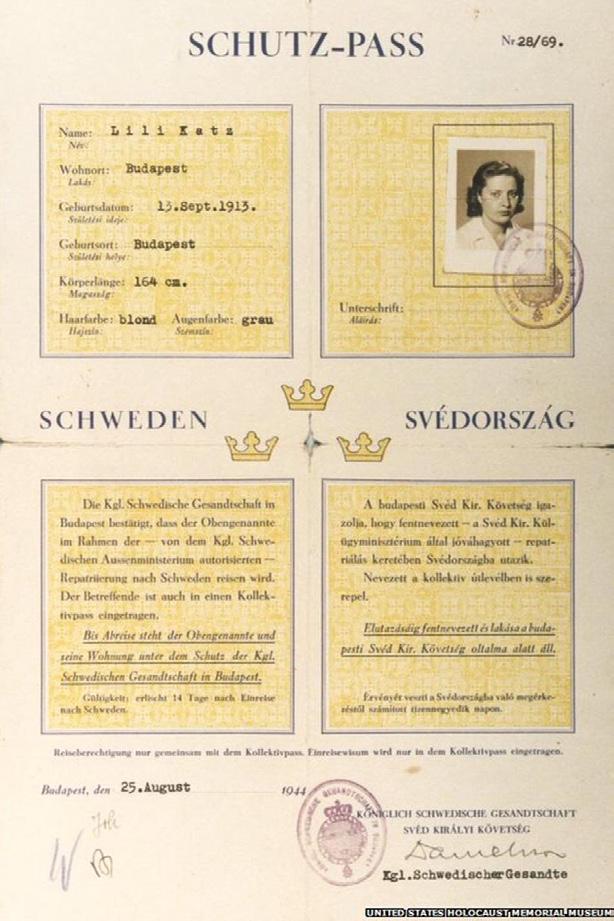[Business] News Corona Winners and Losers Ericsson on a Roll
O
By Peter Berlin n January 29, 2021, the Swedish telecommunications giant Ericsson reported almost unchanged profitability in 2020 compared to 2019. This may seem surprising since many industries experienced a sharp downturn in profitability due to COVID-19. A likely explanation is that the restrictions in physical socializing imposed by national and regional governments during 2020 have created increased dependence on telecommunications – notably telephony and video conferencing – for maintaining social and business contacts. This, in turn, has
H
H&M on a Roller-Coaster
&M, the Swedish fashion giant, experienced a decrease in net sales by 18 percent in 2020 compared to 2019. Sales development was negatively affected by the COVID-19 pandemic, particularly in the second quarter when approximately 80 percent of the group’s stores were closed. Worst hit were the outlets in France, Italy, the United States and the United Kingdom. The drop in customer footfall was greatest during the first and second waves of the pandemic in the spring and autumn, but recovered somewhat during the summer months. This pattern suggests that a more lasting recovery is to be expected when the coronavirus is reined in worldwide.
S
Sweden’s GDP Rating 2020
weden’s minimalist approach to managing COVID-19 was intended to spare the economy and has been both praised and criticized
stimulated a growing demand for Ericsson’s goods and services. The new 5th generation (5G) technology for mobile communication networks will significantly increase data reception speeds for cell phones and computers compared to earlier standards. Ericsson is one of several cellular infrastructure suppliers that compete for 5G global market share. The other major suppliers are Nokia in Finland and Huawei in China. While they compete in marketing their products to cellular network operators, it is common for operators to mix key technology components from several suppliers. However, the Swedish government has decided to ban Huawei from in-
volvement in the national telecommunications network. National security is the stated reason for the ban, as Huawei is suspected of incorporating espionage technology in its hardware and software. Along with the United Kingdom, Sweden is the only European country so far to have followed the example of the United States in this regard. One might assume that the exclusion of Huawei from the competition in the affected markets would benefit Ericsson as well as Nokia. However, Ericsson has voiced concerns about Chinese reprisals targeting the company’s presence in that country, its second biggest market after the US.
in foreign news media. Paradoxically, this approach to the pandemic has only been of marginal benefit for the overall economy. Still, Sweden gets high marks in the International Monetary Fund’s rating of GDP performance around the world – see the diagram. There are several reasons for this. First of all, Sweden’s economy and banking sector were strong at the beginning of 2020, making them relatively resilient against downturns. Secondly, while the tourist sector has suffered particularly badly around
the globe, tourism is not a major contributor to Sweden’s economy. Lastly, the high level of digitalization in Swedish society has allowed the economy to function without relying extensively on physical contact. For example, day-to-day financial transactions are usually conducted by contactless means, and working from home is now widespread. Hence, even though the second wave of the pandemic has affected the health of the population badly, the economy continues to tick along.
2020 GDP Performance (%) relative to 2019 -0.0 -1.0 -2.0 -3.0 -4.0 -5.0 -6.0 -7.0 -8.0 -9.0 -10.0
France
Eurozone
Germany
World Economy
Sweden
Source: IMF
[]
Swedish Press | March 2021 9










